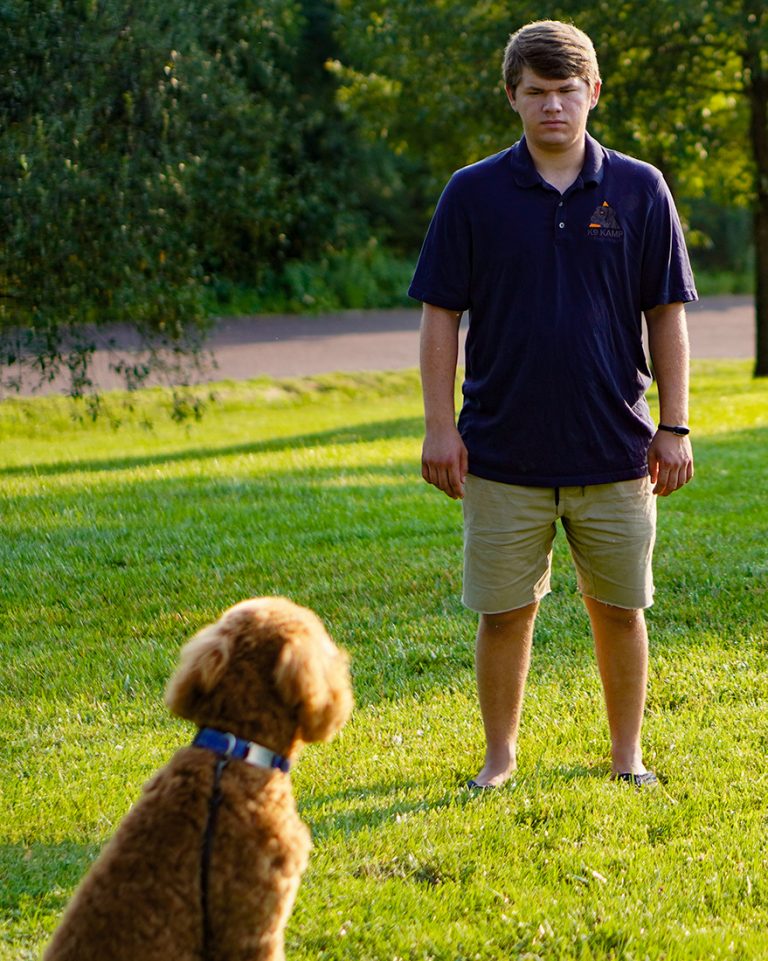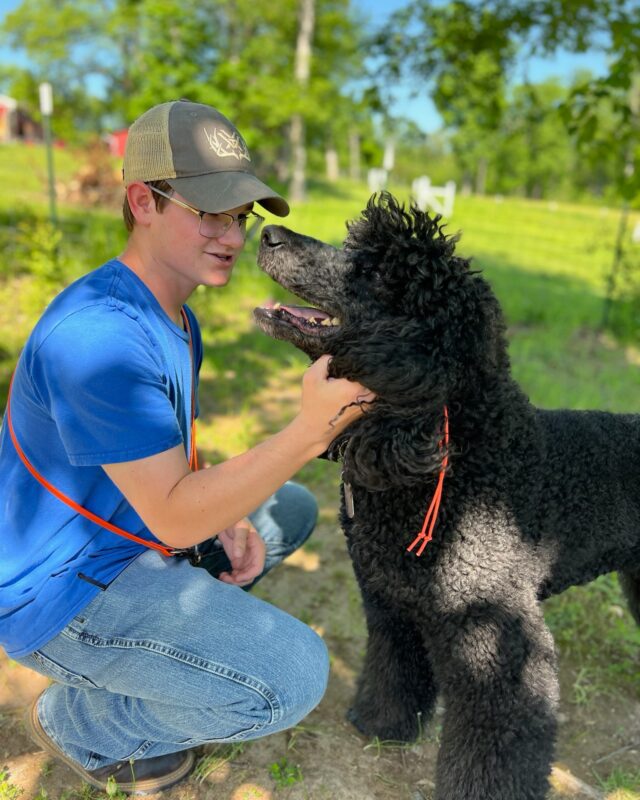Top Tip: What You Pet Is What You Get
At K9 Kamp, we often emphasize a crucial yet simple principle in dog training: “What you pet is what you get.” This straightforward idea underscores the profound impact your interactions, especially petting, can have on your dog’s behavior and emotional state. Here’s why it’s important to be mindful of this principle when you’re with your dog.
How Petting Affects Your Dog’s Behavior
When your dog is anxious or scared, and you pet it, you may inadvertently amplify those feelings. Petting an anxious dog can make them more anxious, and comforting a scared dog might reinforce their fear. Similarly, if your dog is exhibiting aggressive tendencies or is engaged in undesirable behaviors, petting them during these moments can reinforce and escalate those behaviors. This is because your dog’s state of mind at the time of petting influences their response, and they can become more entrenched in whatever behavior they’re displaying.
The Influence of Physical Touch on Emotional State
It’s crucial to understand that, unlike humans, dogs often respond to physical touch in a way that heightens their existing emotional state. For example, if your dog is jumping excitedly or acting out, petting them can make these behaviors more frequent. On the other hand, if your dog is calm, composed, and in a positive state of mind, petting and affection will reinforce these desirable behaviors.
Best Practices for Petting in Challenging Situations
So, what should you do when your dog is scared or reacting poorly to a situation? Instead of petting, maintain a calm and confident demeanor. This helps to reassure your dog without reinforcing their fear or anxiety. Save your affectionate petting for when your dog is calm and controlled, as this is when it will most effectively encourage the behavior you want to see more of.
Applying the Principle at K9 Kamp
At K9 Kamp, we believe in using every interaction with your dog to positively reinforce the behaviors you want to encourage. By keeping in mind the principle of “what you pet is what you get,” you’ll help your dog become a well-behaved, happy companion.



